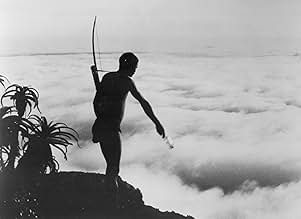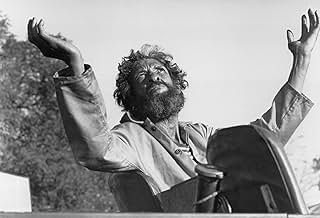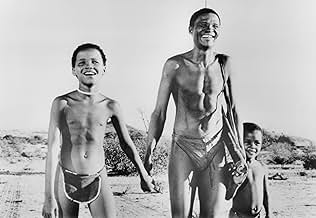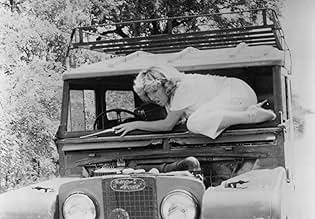Narrator: Only 600 miles to the south, there's a vast city. And here you find civilized man. Civilized man refused to adapt himself to his environment; instead, he adapted his environment to suit him. So he built cities, roads, vehicles, machinery, and he put up power lines to run his labour-saving devices. But somehow he didn't know where to stop. The more he improved his surroundings to make life easier, the more complicated he made it. So now his children are sentenced to 10-15 years of school, just to learn how to survive in this complex and hazardous habitat they were born into. And civilized man, who refused to adapt to his surroundings, now finds he has to adapt and re-adapt every hour of the day to his self-created environment. For instance, if it's Monday and 7:30 comes up, you have to dis-adapt from your domestic surroundings and re-adapt yourself to an entirely different environment. 8:00 means everybody has to look busy... 10:30 says you can stop looking busy for 15 minutes. And then you have to look busy again... And so your day is chopped into pieces, and in each segment of time you adapt to a new set circumstances.
Narrator: [Kate looks for a place to have her lunch] My I share a table?
Kate Thompson: No wonder some people go off the rails a bit...
Young woman with noise in her head: Does the noise in my head bother you?
Young woman with noise in her head: No...
Kate Thompson: [Later, Kate finds Pete] Pete, Have you still got that story about the teacher shortage in Botswana?
Pete: Yeah, you gonna use it?
Kate Thompson: No. Maybe they can use me.
Narrator: But in the Kalahari, it's always Tuesday, or Thursday if you like, or Sunday. No clocks or calendars tell you to do this or that.


















